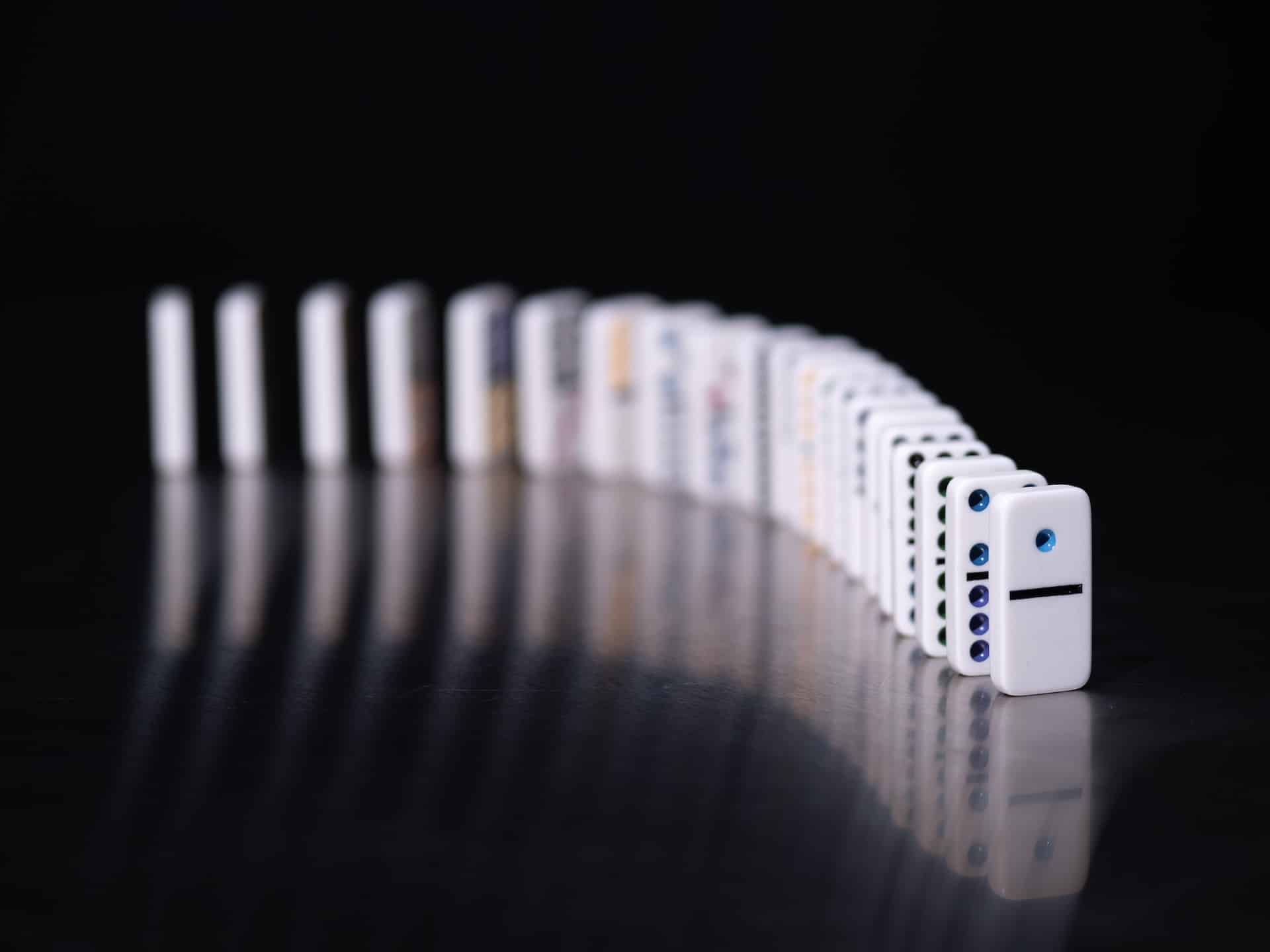 Paquita de Zulueta worked for 37 years (until 2021) as an inner-city, London-based GP, and has a special interest in mental health, clinical ethics, medical education, and professional wellbeing and development. She is an honorary senior clinical lecturer at Imperial College London, an integrative cognitive behavioural therapist, and a qualified coach and mentor. She is also chair of the Human Values in Healthcare Forum, a charitable organisation whose key aim is to rehumanise health care.
Paquita de Zulueta worked for 37 years (until 2021) as an inner-city, London-based GP, and has a special interest in mental health, clinical ethics, medical education, and professional wellbeing and development. She is an honorary senior clinical lecturer at Imperial College London, an integrative cognitive behavioural therapist, and a qualified coach and mentor. She is also chair of the Human Values in Healthcare Forum, a charitable organisation whose key aim is to rehumanise health care.
The COVID-19 pandemic lockdowns in the UK may seem oddly distant, like a bad dream, but the impact of the dislocation and disruption they caused is still being felt, particularly by children and young people who suffered disproportionately from the lockdowns despite having fewer health risks.
The former Children’s Commissioner for England, Anne Longfield, highlights this in her 2020 report, Childhood in the Time of Covid,1 emphasising that the disruption was particularly damaging to disadvantaged and vulnerable children. She observes that children were not at the forefront of many of the decisions taken by government over 6 months in 2020.
“During the pandemic, children and young people’s mental health deteriorated significantly.”
As an example, pubs, restaurants and non-essential shops re-opened, but the majority of children were not allowed to attend school. The damage went far beyond educational deficits and included harm to mental health and wellbeing. The ‘toxic trio’ of domestic abuse, parental drug and/or alcohol abuse, and severe mental health conditions were worsened by the pandemic, threatening children’s welfare.
During the pandemic, children and young people’s mental health deteriorated significantly. A Young Mind’s survey in the summer of 2020 showed that many young people were struggling with social isolation, anxiety, and fears about the future.2 Overall, 81% said the pandemic had worsened their mental health, and 31% who had been receiving professional support were no longer able to access it.
A survey by NHS Digital in 2021,3 following one in 2017, showed a significant increase in mental disorder in those aged 6–19 years. Sleep problems increased, with over a third of those aged 11–16 years and over half of those aged 17–23 years reporting difficulties by 2021. Eating problems also rose significantly, from 6.7% to 13.0% in those aged 11–16 years and from 44.6% to a staggering 58.2% in those aged 17–19 years.
“… children were not at the forefront of many of the decisions taken by government over 6 months in 2020.”
The impact on working mothers, and women generally, bore the worst effects of the pandemic. The juggling of work and care fell predominantly on mothers, who in turn were more likely to be single parents living close to poverty. The United Nations policy brief April 20204 on the impact of COVID-19 on women describes a greater economic impact on women as they generally earn less, save less, and hold insecure jobs. The brief also describes an increase in unpaid care work and an exponential rise in gender-based violence.
The Trades Union Congress, in a survey in 2021 of over 50 000 working parents (93% women),5 found significant impacts on wellbeing, income, and job security. For example:
• 7 in 10 requests for furlough were turned down for working mothers;
• 9 in 10 mothers said that their mental health had been negatively impacted with greater stress and anxiety; and
• 25% worried that they would lose their jobs.
Nexus is a short film drama about the impact of COVID-19 on young people’s mental health, eating-related coping strategies, and the power of social connection.6 The film illustrates some of the issues described above in a credible and powerful way. It was informed by research from Imperial College London, led by Lindsay Dewa, and conducted during the COVID-19 pandemic.7 The film was co-produced with young people with lived experience, researchers, clinicians, and film-makers. The young people were involved in all stages of the production. It has been archived by the British Film Institute and can be accessed and shared for years to come.
The film begins with an encounter between Josh, a tall, shy, and unconfident teenager and two of his friends (Rupa and Matt). The three are enthusiastically describing a gig (called Nexus) and exchanging concerns regarding COVID-19. Awkwardness descends when Josh declines to eat out with them (‘I’m not hungry’) and admits that he has lost his phone, which clearly he hasn’t the money to replace. The scene changes and we feel the claustrophobia of a small home under lockdown. Josh is irritated by his younger sister, Ruby, watching a noisy film on a tablet. As he escapes to the corridor for peace, he notices envelopes marked ‘final demand’, and later we see his mother, Claire (Jackie Knowles), her face distraught, anxiously handling multiple bills.
“Nexus is a powerful, brilliantly acted film and an educational resource.”
‘Digital poverty’ takes its toll when Josh is asked to share his iPad with his sister as the other one has to be given to grandad, who is lonely and deprived of communication. Later, Josh runs to Matt’s house and arrives, panting and sweating, wanting to talk. They are loudly censored by a neighbour for breaking pandemic lockdown rules and have to part.
We then witness Josh surreptitiously eating a large tub of vanilla ice cream he has hidden in the freezer, followed by vomiting. These behaviours of bulimia nervosa are a maladaptive way of coping with painful emotions8 and can only bring him temporary relief. The vicious cycle of bulimia — binge eating, vomiting, and shame — becomes entrenched, leading to worsening self-esteem and distress. Even when running strenuously, his expression remains anguished.
Josh continues to secretly buy more ice cream and is eventually driven to stealing it. Matters escalate when lockdown is extended by another 3 weeks. Angry scenes ensue between mother and son. Claire realises that his bulimia has returned but feels unable to help him. The bills keep coming. Claire tells her children she is ineligible for furlough as she is on zero-hours contracts (which even young Ruby knows about). Josh, guilt ridden, overhears his mother talking on the phone, asking for support — ‘It is happening again, and I don’t know if I can cope with it on my own’, she says, desperation in her voice.
The final crisis happens when Josh is told that his tablet needs to go to the pawn shop. ‘But … it’s got my life’, he cries. Later, his friends see the tablet, with its recognisable stickers, in the pawn shop and are visibly appalled. Josh, now more isolated, refuses to see them when they call on him. The final scene is deeply moving, but I won’t spoil it by revealing what happens — safe to say that it shows how the power of friendship and compassion can overcome hardship and mend frayed relationships.
The film concludes: ‘The power of connections with family and friends was identified as one of the most effective coping strategies during the COVID-19 Lockdown.’
Nexus is a powerful, brilliantly acted film and an educational resource. I recommend sharing it with colleagues, patients, and their families.
Featured film: Nexus: The Power of Connections, dir: Chris Godwin, 2023.
References
1. Longfield A. Childhood in the time of Covid. 2020. https://assets.childrenscommissioner.gov.uk/wpuploads/2020/09/cco-childhood-in-the-time-of-covid.pdf (accessed 7 Dec 2023).
2. Young Minds. Coronavirus: impact on young people with mental health needs. Survey 2: summer 2020. 2020. https://www.youngminds.org.uk/media/355gyqcd/coronavirus-report-summer-2020-final.pdf (accessed 7 Dec 2023).
3. NHS Digital. Mental health of children and young people in England, 2021. 2021. https://files.digital.nhs.uk/97/B09EF8/mhcyp_2021_rep.pdf (accessed 7 Dec 2023).
4. United Nations. Policy brief: the impact of COVID-19 on women. 2020. https://www.un.org/sexualviolenceinconflict/wp-content/uploads/2020/06/report/policy-brief-the-impact-of-covid-19-on-women/policy-brief-the-impact-of-covid-19-on-women-en-1.pdf (accessed 7 Dec 2023).
5. Trades Union Congress. Working mums and Covid-19: paying the price. 2021. https://www.tuc.org.uk/sites/default/files/2021-04/WorkingMums.pdf (accessed 7 Dec 2023).
6. Imperial College London. Nexus: the power of connections — Covid eating disorder film. YouTube 2023; Mar 2: https://youtu.be/LCGrWONjMjA?si=RfGFYsFjKWUVAqob (accessed 7 Dec 2023).
7. Murphy V. Film about young people’s mental health and connection premieres at BFI. 2022. https://www.imperial.ac.uk/news/242197/film-about-young-peoples-mental-health (accessed 7 Dec 2023).
8. Eating Disorder Hope. Eating disorders and emotions: how emotion regulation impacts eating behaviors. 2023. https://www.eatingdisorderhope.com/blog/emotions-eating-disorders (accessed 7 Dec 2023).
Featured photo by Tom Wilson on Unsplash.






